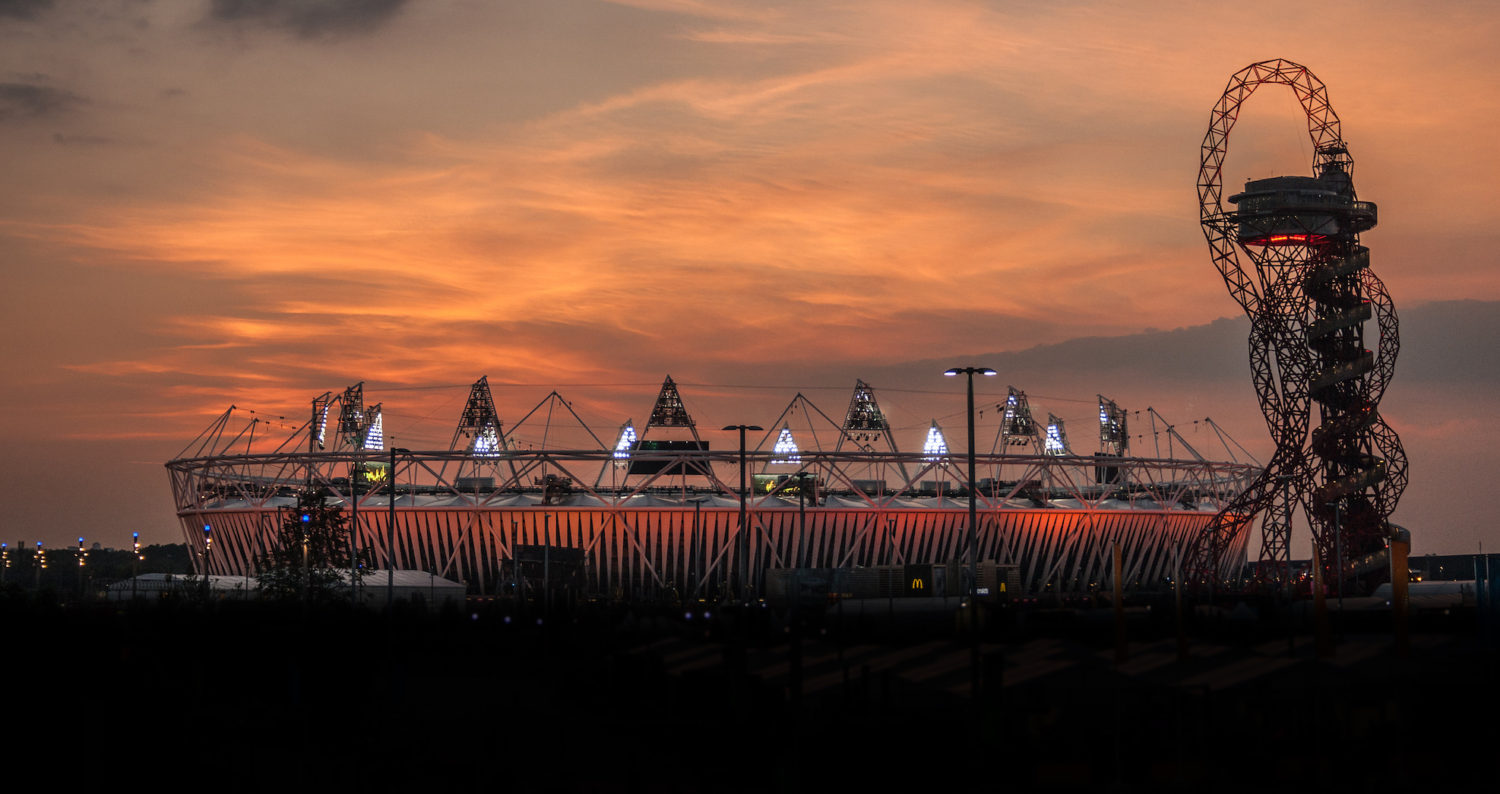Losing out
Ten years on it is clear the London Olympics were a missed opportunity for urban regeneration, argues Giuseppe Telesca
Ten years ago London hosted the Olympic and Paralympic Games. It enjoyed the privilege of being the first city in modern times to host for the third time. Yet, through the lens of urban regeneration, the Games showcase New Labour’s fragility when it comes to delivering structural change – a weakness that a future Labour government must address.
London’s candidature for the 2012 Games was announced in 2003 and the bid was officially won in 2005. Until 2008, the Olympics were almost exclusively a Labour party affair. With the notable exception of the chairman of the London 2012 organising committee, Sebastian Coe – a former Olympic gold medallist and Conservative MP – the principal political actors behind the Games were Labour figures: the prime minister, Tony Blair; the late Secretary of State for Culture, Media and Sport, Tessa Jowell; and the mayor of London, Ken Livingstone.
But the 2008 financial crisis and the election of Boris Johnson as London mayor, followed by the ousting of Labour from government in 2010, drastically changed this reality. If Labour conceived, planned, and started implementing the Olympic project, it was a Conservative mayor and a Conservative-led coalition government that completed it and managed the aftermath of the Olympics – a phase considered crucial for London’s Olympic and Paralympic ‘legacy’.
A defining objective of the Olympic bid was to regenerate the former industrial area of Stratford, where most of the Olympic structures would be located. Stratford was a site of migrant and casual labour, mainly inhabited by a working-class, young and diverse population. Its neighbourhoods included some of the poorest in the entire country.
A potential blueprint for the regeneration of Stratford could have been the Docklands development of the 1980s which had expanded London’s financial services industry eastwards. But the New Labour government ignored the Docklands experience because of its Thatcherite laissez-faire and top-down approach to planning, with no involvement of local actors.
Instead the London organising committee of the Games promised “the regeneration of an entire community for the direct benefit of everyone who lives there” and committed to the ambitious goal of providing the hosting community with the same socio-economic chances as their wealthier neighbours across London all within 20 years from the end of the Games. Sadly this is not being achieved.
According to the official figures, the cost estimated by the London organisers at the time of the bid increased roughly fourfold by the end of the Games, reaching £9.25bn. What is more, the large contribution of private capital which had been expected evaporated following the financial crisis and the ensuing economic recession.
The new mayor of London, Johnson, and the new coalition government led by David Cameron, won their elections pledging to deal with the fallout of the financial crisis. Johnson, in his 2008 campaign, promised to disclose the public sector costs associated with the Olympics – a byword for cutting government expenditure. Two years later, with the Conservatives in power, then chancellor George Osborne argued that the financial crisis had been caused by profligate public spending rather than lax financial regulation. And the drive towards austerity that followed, both at local and national level, affected the Olympics in two ways: First, the Games became oriented towards the recovery of past government expenditure which partially undermined its legacy; and second, it became less focused on the local community and more reliant on market forces – with associated risks of displacement and gentrification, both of which we have since seen.
The Olympic Village’s trajectory epitomises the way in which the promised social legacy of the Games was, at least partially, compromised by budgetary and ideological considerations. The Village was a £1bn centrepiece originally to be financed by Lend Lease, an Australian-based property developer that had been responsible for Sydney’s Olympic Park. But in 2009, Lend Lease abandoned the project as a consequence of the financial crisis and the Village was bought by the Treasury. It was then sold in 2011 to Diar, the real estate arm of the Qatari’s sovereign wealth fund, and Delancey, a British developer. Diar and Delancey bought their share of the Village at a loss to the taxpayer of £275m and were authorised to further develop the residential neighbourhood, partially affecting the promised delivery of affordable homes. This shows how the financial crisis provided the new London mayor and the new Conservative-led government with the opportunity to revise legacy plans and treat east London as a new selling hotspot.
Boris Johnson, when mayor, had the concrete possibility to start ‘levelling up’ the country: not only he did reject this opportunity, but he actively undermined the original Olympic legacy plans.
What conclusions can be drawn from this? The austerity narrative that followed the financial crisis partially derailed the legacy of the 2012 Olympics, by moving the emphasis from urban regeneration to public expenditure minimisation and by accommodating the market’s search for profitable investment in east London. Here lies a key lesson for today’s Labour party. Preparing, implementing, and delivering an Olympics bid or indeed any major national project takes more than a decade, a period during which a healthy democracy can produce new local and national governments, hence prompting changes in political priorities. And as it turned out, what New Labour failed to deliver was an economy more resilient to financialisation and market forces.
Britain’s levelling up agenda is likely to be downgraded, if not dismissed, in the wake of the downfall of its (allegedly) keener orchestrator, but 10 years ago Johnson was happy to give priority to outside interests over the poor, young and diverse inhabitants of Stratford. One can naively believe that Johnson, as mayor, had yet to discover his big spending vein. But this unlikely Keynesian conversion did never hold up in the light of the ‘levelling up’ agenda he pursued as prime minister which was extremely weak, both in terms of planning and financial magnitude. If Labour wants to make its mark on the country with a more effective form of levelling up, it will need a long-term vision and long-term planning.
Image credit: Chris Wild/Flickr

